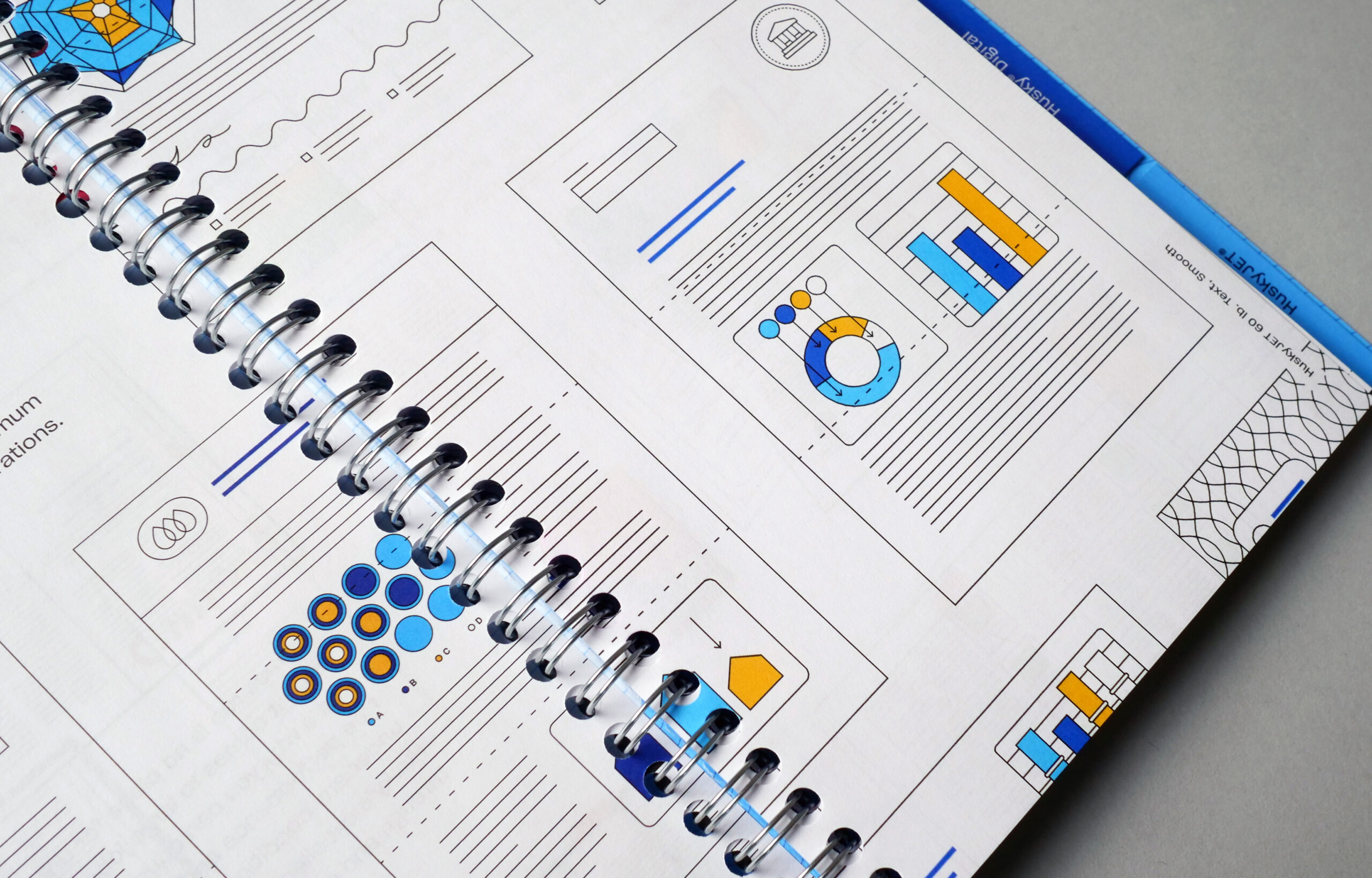Find our tips on sustainable buzzwords in the upcoming issue of GDUSA or read the full blog below.
Sustainability buzzwords surround us as marketers and creatives look to reach consumers that are more environmentally aware than ever. Consumers care about the environmental impact of products they buy and want to know more about how those products are made and the reputation of the company that makes them.
Having an authentic and meaningful sustainability platform is no longer a bonus for companies – it is a must to meet consumer demands. In response, many companies use terms such as ‘ecofriendly,’ ‘sustainable’, ‘green’, ‘carbon-neutral’, ‘environmentally friendly,’ with mixed meanings.
Let’s explore the true meaning of these sustainability terms and ways to amplify sustainable messages for your audience and to avoid the pitfalls greenwashing.
Speak to What Matters
Consumers welcome clarity. Marketers and creatives can help by choosing a specific claim, defining its benefits and making it clear why the audience should care. Here are some common environmental claims that companies use to
advertise their products and services and why they matter:- Responsibly-Sourced – This is a voluntary commitment by companies to consider social and environmental factors when managing their supply chain.
- Environmentally Friendly – The product or actions are doing no harm to the environment.
- Environmentally Responsible – The company is doing its best to minimize any impact it may have on the environment.
- Cruelty-Free – The creation of a product does not involve any experimental outcomes on animals.
- Recycled Product – A product includes content from previously used material. It was made at least in part from content that was previously recycled. Just because something is made from recycled materials doesn’t mean it is recyclable.
- Recyclable – The product can go into the recycling bin versus the landfill. It has the potential to be re-processed into a new product.
- Carbon Neutral – The production of this product leaves a net neutral effect on greenhouse gas emissions. This may be achieved by actions to reduce or offset these emissions. Emissions may be reduced or offset with hydro, wind, and solar power.
Whatever the message, remember that sustainability terms can veer into technical jargon. It is important to share the good works of the business in language that is meaningful and relevant to the audience.
Avoid Greenwashing
- Greenwashing is when a business portrays its products or services as environmentally friendly without actions to substantiate these claims. Savvy consumers see through unsupported claims and leaving a feeling of deceit may harm the reputation of an individual business and can damage the overall credibility of sustainable efforts.
- Here are a few common examples of greenwashing to avoid
- Using vague sustainable language, such as ‘all-natural’, ‘100% sustainable’, ‘certified green’, ‘green product.’ While these terms may sound appealing, without more detail, they do not have substance.
- Designing with imagery that conveys environmental responsibility even though the product or services were not created with sustainability in mind.
- Using logos that look good and may be designed for a specific company but lack credibility or endorsement by a third-party certifying body.
- Labeling cost-cutting measures as sustainability efforts. For example, encouraging customers to “go green” by choosing electronic billing over printed bills, which is an effort to reduce costs.
Being honest, transparent, and authentic with the audience is key.
Many leaders in the sustainability space communicate well, and it can be helpful to see how those businesses and creatives promote themselves. If you are unsure of where to look, check out the GDUSA list of “Responsible Designers to Watch” or look at companies like Patagonia, REI, HP Inc. and, of course, Domtar.Brushing up on your sustainability know-how will ultimately help you take the message and translate it into relevant terms for your audience.
Interested in more sustainable tips and trends? Subscribe to the Paper Matters Podcast, available on all major platforms and at Paper.Domtar.Com/Paper-Matters-Podcast. Find us on Facebook, Instagram, Twitter or LinkedIn.







